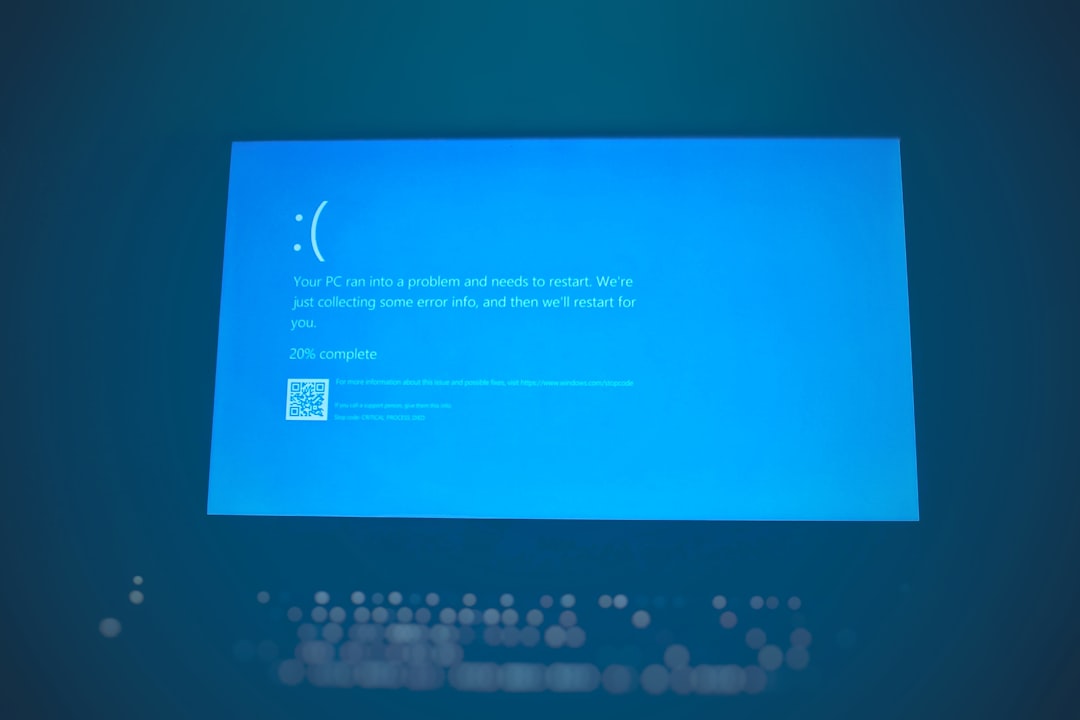If you’re a website administrator or developer using cPanel, encountering a warning message such as “down ext:php” can be concerning. These types of messages often point to deeper issues with your server’s configuration or software environment. If left unresolved, they can result in serious consequences such as website downtime, security holes, or malfunctioning scripts. This article aims to clarify what the “down ext:php” warning means, what causes it, and how to diagnose and resolve the issue in a reliable and informed manner.
Understanding “down ext:php” in cPanel
The warning “down ext:php” typically appears in the Service Status section within WHM (Web Host Manager) or cPanel if your hosting provider gives you root access. This message indicates that one or more PHP extensions, services, or handlers are not functioning correctly or are completely non-operational. These extensions are critical components for running PHP-based websites and applications such as WordPress, Joomla, or Laravel.
PHP extensions are sets of libraries or compiled routines that extend PHP’s core functionality. For instance, popular extensions include mysqli for MySQL database interactions, gd for image handling, and curl for web requests. When one of these essential components is marked as “down,” it may signal:
- A failed software update or interrupted install process
- Corrupted PHP configuration files
- Incorrect permissions or ownership of PHP module files
- Conflicts between different versions of PHP running on the server
- Issues with services like Apache, NGINX, or LiteSpeed failing to load PHP handler modules

Why “down ext:php” is a Serious Warning
The reason you should not ignore a “down ext:php” warning is due to the cascade of failures it can initiate. When PHP extensions are not working, your server might stop rendering websites, executing scripts, or even processing security measures. E-commerce systems may fail to process transactions, and CMS platforms could stop loading altogether.
Here are some specific risks you might face:
- Security vulnerabilities: Incomplete or outdated PHP modules may create attack vectors for malicious users.
- Website Downtime: If PHP isn’t running properly, dynamic websites will not function.
- Data Corruption: Applications relying on a missing or broken module may store or retrieve data incorrectly.
It’s critical to address this message promptly and thoroughly. Let’s look at how to methodically diagnose and resolve it.
How to Diagnose the “down ext:php” Warning
Before making any changes, take the time to gather complete information about your server environment and where the breakdown is occurring. Use the following steps to locate the source of the issue:
- Log in to WHM if you’re managing the entire server or cPanel for user-level troubleshooting.
- Navigate to “Server Status” → “Service Status”, and find the section where the warning is displayed.
- Check the logs located under /usr/local/cpanel/logs, especially “error_log” for PHP-related failures.
- Use command-line tools like
php -mto list active PHP modules. If an expected extension is missing, it’s a clue to the origin of the problem. - Review the PHP version being used via
php -vand make sure it aligns with your site’s requirements and installed modules.
Sometimes, these issues come after a recent update or change. Anything that affects PHP versions or Apache/Nginx configurations should be reviewed, including EasyApache changes.
Steps to Resolve the Problem
After identifying the root cause of the “down ext:php” warning, follow these recommended steps to restore full PHP functionality:
1. Check PHP Version Compatibility
Use WHM or cPanel’s MultiPHP Manager to ensure the sites on your server are using the correct version of PHP. Sometimes legacy scripts require older versions not compatible with newer module builds.
2. Rebuild PHP and Extensions via EasyApache
WHM includes a tool called EasyApache 4 that allows you to add, remove, or rebuild PHP and its extensions. To proceed:
- Go to WHM → EasyApache 4
- Select the profile currently in use
- Add back the missing extensions such as mysqli, gd, mbstring, or ionCube
- Click “Provision” to rebuild the configuration
This process can take several minutes and should be followed up with testing after completion.
3. Restart Apache or NGINX Services
After rebuilding PHP or fixing its configurations, restart the web server to ensure changes take effect. You can do this through:
/scripts/restartsrv_httpd
/scripts/restartsrv_php-fpm (for PHP-FPM-enabled systems)
4. Restore Corrupted Configuration Files
If the problem originated from a corruption in php.ini or misplaced extension directives, you may need to restore these files from a backup or regenerate them. Sometimes creating a new php.ini for the current PHP version can resolve extension issues.
5. Update cPanel & WHM
Ensure that you are running the latest version of cPanel and WHM. Outdated panel versions may not properly support new PHP modules, or they may contain bugs that have already been resolved in newer updates.

Preventing Future Warnings
Once you’ve resolved the issue, prevention becomes key. Here’s how to reduce the chance of seeing similar warnings in the future:
- Regular Backups: Always back up your full server environment before making software or configuration changes.
- Scheduled Updates: Maintain a regular update schedule for PHP, Apache/Nginx, and cPanel software.
- Use Monitoring Tools: Implement third-party or built-in monitoring services to alert you when a service goes down.
- Documentation: Keep track of what extensions your sites require and where they’re used so they can be quickly restored if lost.
When to Contact Support
If after attempting all resolution steps the problem persists, it may be time to escalate the situation. Contact your hosting provider’s support team and provide them with:
- Logs from /usr/local/cpanel/logs
- Current PHP version and extensions list (
php -m) - Any recent changes or failed updates
Support teams typically have more advanced diagnostic tools and may be able to correct system-level errors that are beyond standard administrative access.
Conclusion
The “down ext:php” warning in cPanel is not just a minor message to ignore; it signifies a possible break in your server’s core PHP functionality that can critically affect your websites. By understanding what this warning means and how to resolve it methodically, you can restore service quickly and reduce future risk. Whether the cause lies in software conflicts, corrupted files, or configuration errors, proactive management and monitoring are key to maintaining a stable and secure hosting environment.
Take action promptly, document your steps, and always keep reliable backups—preventing one warning today can save you from a major issue tomorrow.